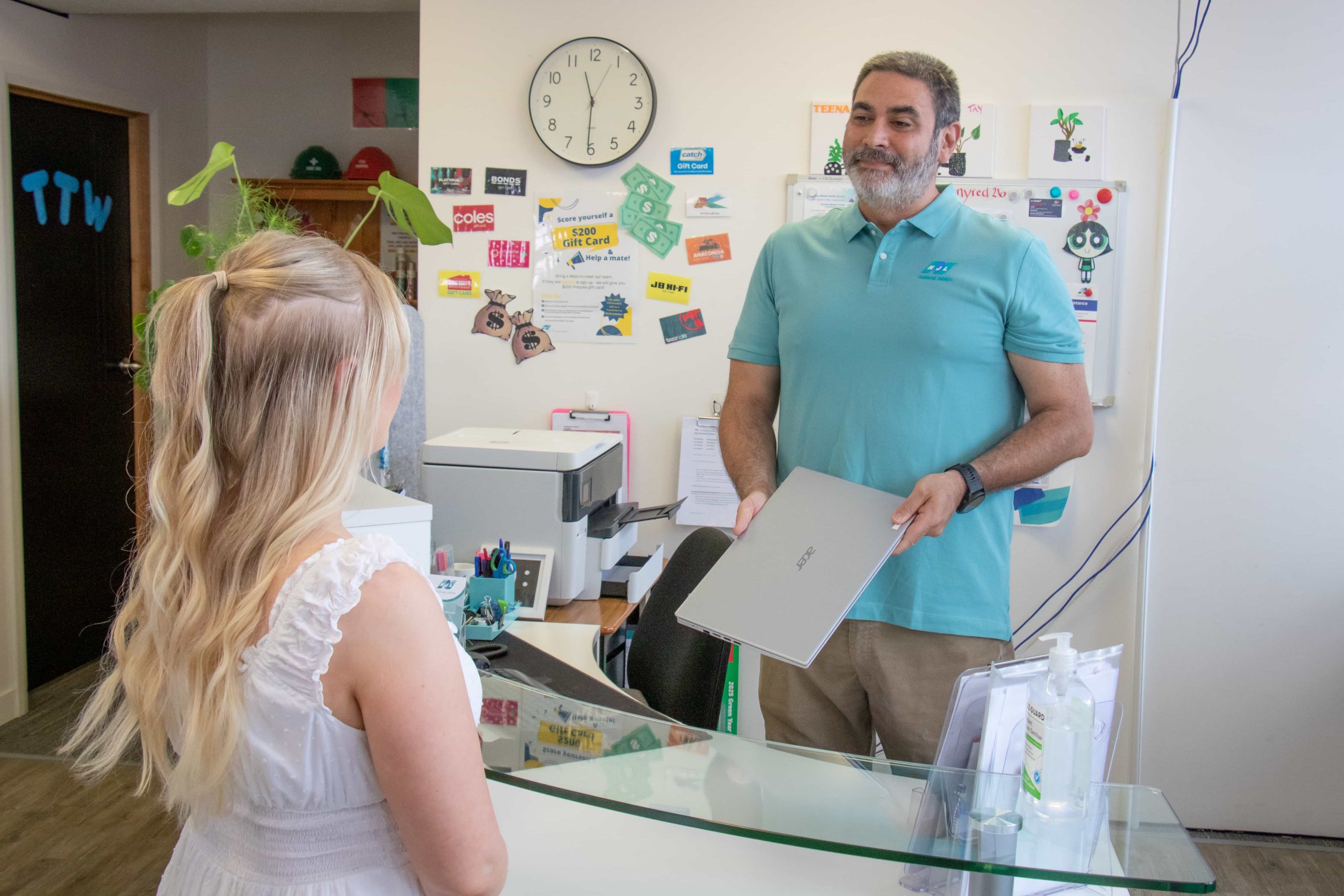
‘What should I study?’ A guide for adult learners
Are you thinking about returning to study as an adult? Maybe you’d like to pick up where you left off years ago, or maybe you’re ready to grow your skills, change careers, or dive into something completely new. Regardless, it’s never too late to learn, explore new opportunities, and change direction.
Contrary to what we often assume, not everyone feels a strong pull toward one clear career path. That doesn’t mean you won’t find something you enjoy and excel at — it just means you have more options to explore. Online quizzes and career tools can be useful starting points, but it often helps to work backwards: think first about the kind of work, and lifestyle you’re after, as well as what fits your life at the moment, and let that guide your choice of study.
Here are some things to consider as you decide what’s right for you.
Start with considering your goals
Before choosing a course, take a step back and ask yourself: what’s your motivation for studying? Are you hoping to move into a new career? Do you want to update your skills for the job you already have? Or do you want to upskill in an area you’ve already worked in?
Clarifying your goals will give you direction. For example, if your aim is a career change into healthcare, a certificate or degree in that field is the obvious path. If you’re looking to improve your current job prospects, a short course in a field with high work demand might be more practical.
Think about your study-life balance
As an adult learner, study doesn’t exist in isolation. You’re likely balancing work, family, or other commitments. It’s important to consider what you can realistically manage while studying.
Full-time study can be intensive, but there are lots of part-time options that often fit better along with responsibilities as a parent or carer. Online study provides flexibility, while face-to-face classes can offer structure, motivation, and social connection. If you’re also working, many courses are scheduled outside regular business hours with evening or weekend classes available.
Recognise the skills you already have
One of the perks of returning to study as an adult is that you’re often not starting from scratch. Years of work, parenting, or volunteering have given you valuable skills — things like time management, problem-solving, organisation, and communication.
Many training providers and universities even offer recognition of prior learning (RPL). This means your past formal or informal learning could count towards your qualification, helping you finish faster.
Find career pathways based on what you enjoy doing
If your study goals are linked to getting a new job, it’s worth exploring what roles are in demand. Sectors like aged care, education, community services, IT, and construction are often looking for skilled workers.
But what’s more important than that is finding what feels meaningful to you. Think about the kind of work you’d like to do every day, the environment you’d like to be in, and the people you’d like to work with. Studying is an investment of time and energy, so it’s worth choosing a direction that feels motivating, not just practical.
The best clues about what to study come from the things you naturally enjoy. Think back to your interests at school: were you more drawn to maths, writing, art, or science? Or maybe you thrived in group projects and teamwork rather than individual assignments, or vice versa.
Consider how those preferences show up in your life today, by thinking about questions like:
- Do you enjoy working with people, or do you prefer tasks you can tackle on your own?
- Do you get satisfaction from helping others face-to-face, or do you feel more at home with numbers, systems, or technology?
- Are you brimming with creative ideas?
- Are you the person people turn to when something needs to be planned and organised?
Have a chat with a friend or family member, too, to hear how they see you and your strengths. Sometimes it’s easier to reflect on your natural skills and interests with someone who knows you well.
Where can I study as an adult in Australia?
There are plenty of affordable and accessible options for adult learners in Australia. Many people choose TAFE or community education centres, which offer everything from short courses to nationally recognised qualifications, often at low cost and sometimes even free through government funding.
If you’re looking to learn online, Australian universities often provide free or low-cost short courses, too. These can be a flexible way to explore new subjects or build professional skills.
For those retraining or developing job-ready skills, there are government programs and initiatives that can provide subsidised training.
And beyond formal institutions, community organisations and neighbourhood houses regularly run low-cost classes in everything from language skills to financial literacy and creative arts.
Ready to get started?
If you’re tossing between options and figuring out how to slot study around your life and other responsibilities, career counselors and services like Parent Pathways can help you make informed choices and navigate you through the process. If you need help looking for the right kind of work options, support in accessing childcare, or preparing applications, our mentors can help you. You can check if you’re eligible for support here.